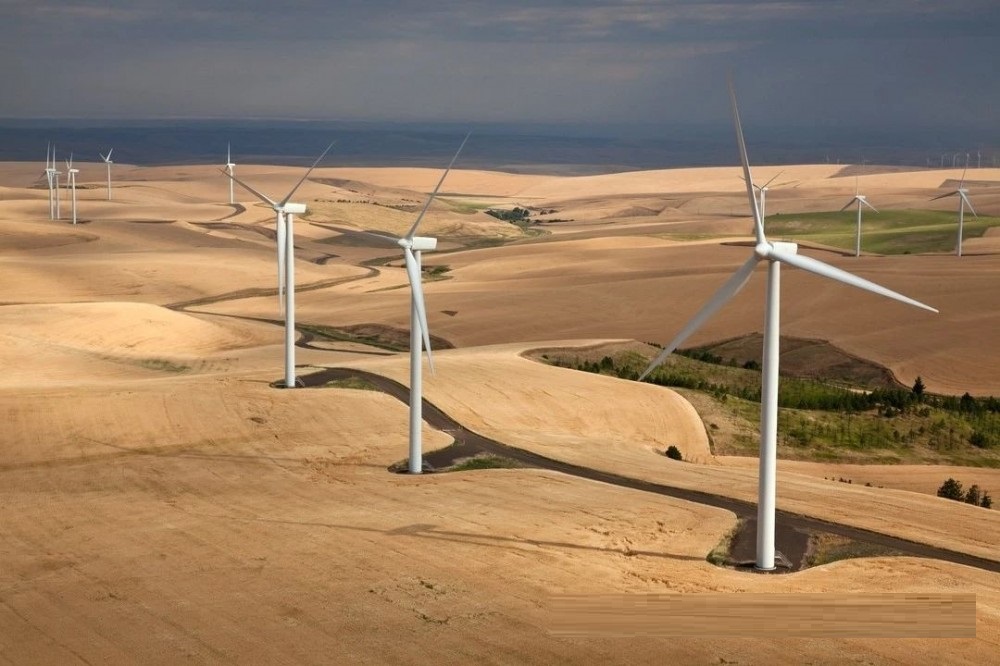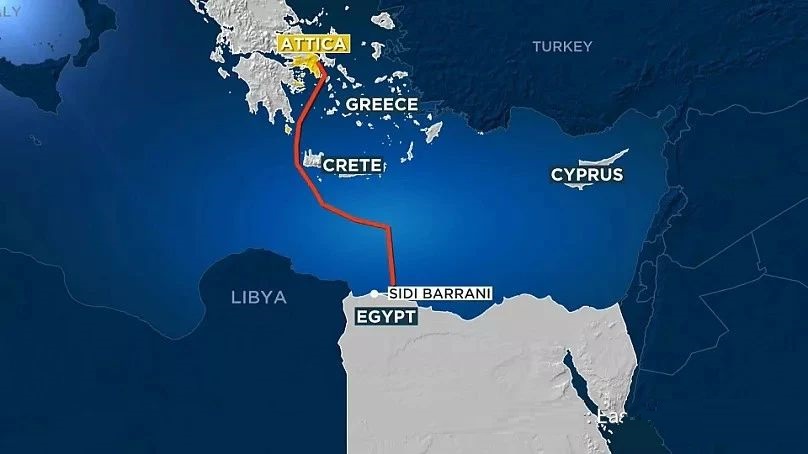Part of the plan includes the construction of a submarine cable in the Mediterranean Sea connecting Egypt to Europe, so that electricity produced by photovoltaic (PV) plants and wind turbines in North Africa can be exported to the UK and other European regions.
The associated renewable energy exports will fill the energy gap created by the reduction in wind + onshore PV output in the European North Sea region.
Details of the project will be discussed at the London Energy Summit next week.
North Africa has become an increasingly important source of electricity for Europe as a whole,” said Carlos Diaz, a representative of Rystad, which is organizing the London Energy Summit. At the same time, Europe’s demand for low-carbon electricity is expected to grow significantly over the next three years. There will be a significant lack of infrastructure development in the European region, hence the need to find alternative sources of power.”
The relevant sources of electricity include wind farms and a number of large-scale photovoltaic power plants under construction in the desert within Egypt, located near the Suez Canal in the strong wind belt in Egypt.
In total, the projects are expected to realize approximately 10GW of installed power, roughly equivalent to the capacity of ten power stations in the UK. The electricity will be transmitted through the Mediterranean Sea via a 600-mile Haitian cable in the Attica region of Greece.
Around a third of the energy will be used in Greece, with the rest of the power being exported to the rest of Europe.
The £3.7 billion project is being developed by Greek firm Copelouzos in partnership with Infinity, an Egyptian company that has developed photovoltaic plants in the desert region.
Meanwhile, another cross-border power transmission involves the laying of four direct current cables between Morocco and the UK, measuring 2,400 miles.









